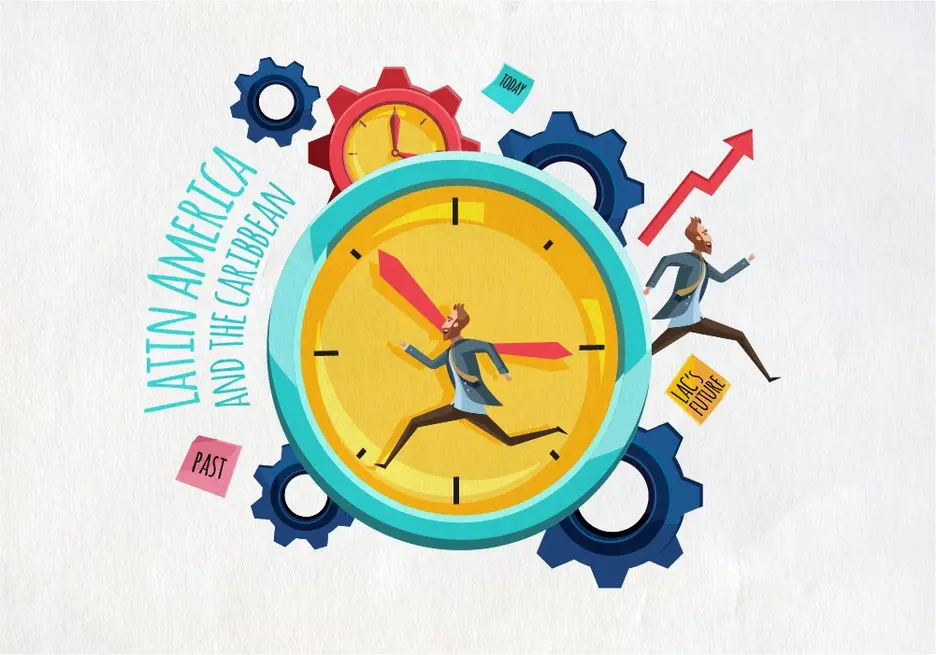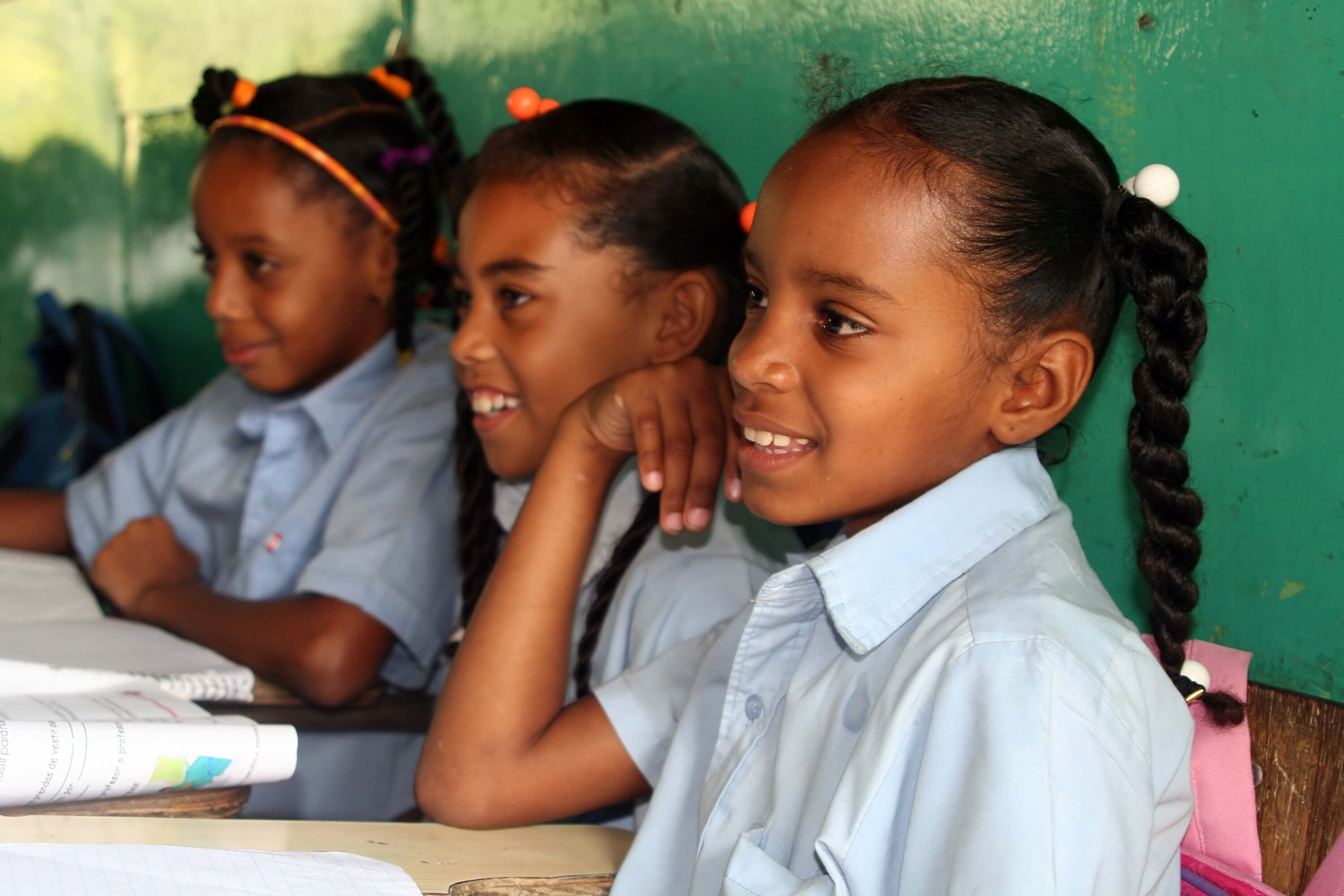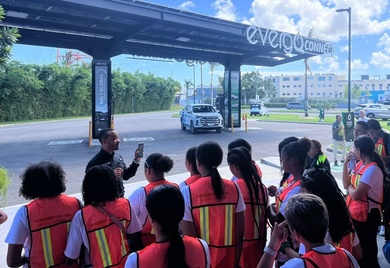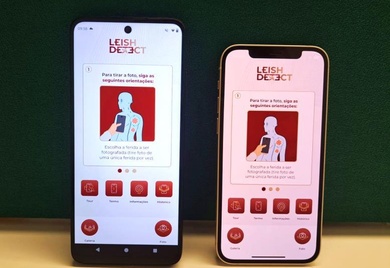Drawing On The Past To Improve The Region’s Future

In the beloved film Groundhog Day, Bill Murray is caught in a time loop, perpetually reliving one day. He tries desperately to escape this fate and fails, so he decides to learn from his repeated experiences to better himself and the lives of others. Learning from the past is a recurring motif in pop culture, and a best practice in the development community and private sector.
In this spirit, at IDB Invest we regularly take stock of past experiences to inform future actions. And we are increasingly looking to new tools such as machine learning and text analytics to help us find patterns and insights in the data we capture from projects.
Among the top lessons that emerged from recently evaluated projects include the importance of working with our partners in the region to select the right projects and providing innovative financial instruments to maximize impact.
Selecting the right projects to invest in
Our experience shows that projects aligned with client’s business interests are more successful at achieving development goals and lasting impact. When clients engage in impactful ventures that allow them to grow faster and generate stronger profits simultaneously, this can produce meaningful changes in the business landscape.
However, finding the right match can be difficult. Figuring out how new ventures affect the bottom line requires time and resources, and projects with strong impact are not always bankable. Landing on business models that generate social impact and are successful in a developing country context requires innovation and investment.
IDB Invest provides know-how when tapping into new market segments, partnering with clients in the region to develop projects that generate both financial and social returns. Take the issue of increasing access to much-needed financing for smaller companies owned by women.
Through the women entrepreneurship Banking (weB) program, IDB Invest financing–combined with grant resources from IDB Lab–has helped 20 financial institutions in 12 countries develop products tailored to this segment.
In parallel, women entrepreneurs’ creditworthiness was boosted through training. The program created a context in which lending to this segment made sense both from a business and development perspective.
Just as commercial banks must rethink the types of products and services they offer to women entrepreneurs, development banks like IDB Invest must rethink the mix of financial instruments offered to clients depending on the challenge at hand.
Offering new ways to finance projects
Our second lesson centers on the importance of choosing the right financial tools to strengthen clients, incentivize innovation and results, drive down risk, and crowd-in private investment. Local currency loans that reduce asset liability mismatches, and repayment schedules that mirror business cycles, for example, increase a client’s likelihood of success and graduation to other sources of financing.
For instance, we have learned that flexible loan structures are particularly important in the agriculture sector, which is highly volatile due to climate change, long gestation periods, and price fluctuations. IDB Invest has recently included a “climate events clause” in transactions in Argentina and Peru, which allows clients to reschedule one-year capital payments if a climate event has had adverse effects on their ability to pay. (For more on our lessons learned in agribusiness, see the 2019 DEO).
Likewise, guarantees are powerful risk management tools and help mobilize additional sources of financing, multiplying our development dollars. For example, a project we recently evaluated in Mexico provided a financial institution with a revolving credit line combined with a partial credit guarantee, to help them access funding from capital markets for the first time. Thanks to this instrument, the client was able to tap into a new source of funding, while also mobilizing funds and equity investments from other investors.
IDB Invest continues expanding its product offering for clients to better harness the power of financial instruments. We launched guarantee bonds and B-bonds in 2017, alongside significant increases in local currency lending. Existing products such as partial credit guarantees, bond subscriptions, and structured financing products have also been refined to better suit client needs.
Learning from the past enhances our ability to generate impact in the region and maximize value for clients. Like Bill Murray, IDB Invest builds on the past to improve the future.
LIKE WHAT YOU JUST READ?
Subscribe to our mailing list to stay informed on the latest IDB Invest news, blog posts, upcoming events, and to learn more about specific areas of interest.
Subscribe



